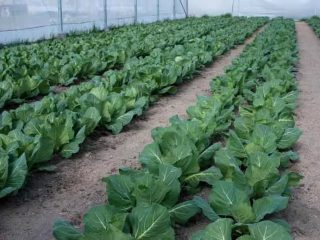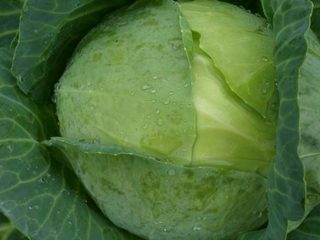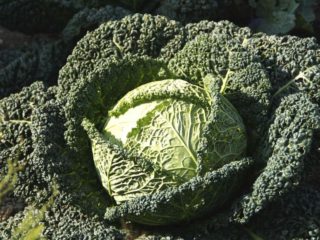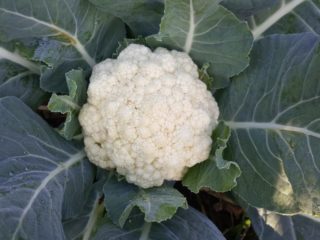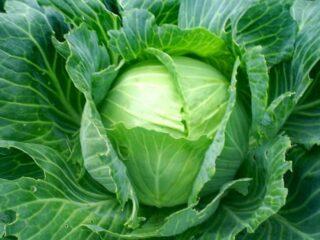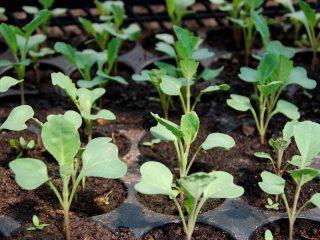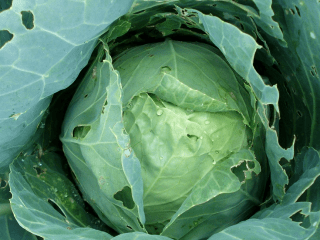Content
Chinese cabbage Cha-Cha is a first generation hybrid variety (F1). It has extra early ripening, high yield and many other advantages. It is not difficult to grow the crop; it is quite unpretentious in care.
Description of the Chinese cabbage variety Cha-Cha
Chinese cabbage Cha-Cha is classified as a hybrid variety. Its origin is domestic. The hybrid went on sale in 2008. They look like this:
- average weight 2.6-2.7 kg;
- the leaves are juicy and elastic, loose in the upper part;
- compact dense head of cabbage, barrel-shaped;
- the lower part of the heads is almost white, at the top the leaves are light green, the edges are light green;
- color in section is white-yellow;
- leaves are crispy but tender;
- The outer length of the stalk is average, but the inside is short.
The Chinese cabbage variety Cha-Cha is an extremely early variety. After sowing the seeds, the heads of cabbage are harvested within 50-55 days. 1 m² of planting brings up to 8 kg of harvest.
Where does it grow
Chinese cabbage Cha-Cha is ideal for temperate latitudes. It is preferable to grow it in the middle zone. In the south, where summer temperatures are often above 25 °C, the crop often blooms.
For high yields, it is important to choose the right place for planting:
- good lighting, light partial shade is recommended during the day;
- loose and fertile soil;
- soil acidity up to 5.0 pH.
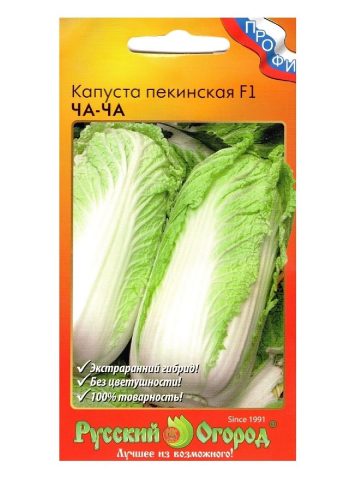
You can grow Chinese cabbage Cha-Cha both in open ground and in greenhouses
Application
Chinese cabbage Cha-Cha is grown for food. It is mainly consumed fresh, adding to salads.
Chinese cabbage Cha-Cha is also suitable for heat treatment. It is used as a replacement for classic white cabbage leaves when preparing cabbage rolls and for stewing. This variety is not suitable for pickling.
Advantages and disadvantages of the variety
Chinese cabbage Cha-Cha is perfect for mid-latitudes. Even under such conditions, it is resistant to stemming during early spring sowing, which cannot be said about most other varieties.
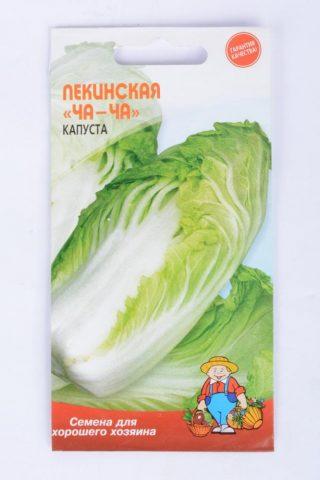
When storing Chinese cabbage, it is better to place the heads of cabbage vertically and in one layer - this is important to reduce the risk of mechanical damage
Pros:
- early maturation;
- high productivity;
- compactness;
- ease of care;
- resistance to wet rot;
- excellent taste;
- high marketability.
Minuses:
- sensitivity to temperature conditions;
- the need for regular watering.
Features of growing Chinese cabbage Cha-Cha
Chinese cabbage Cha-Cha can be grown through seedlings or without seedlings. In any case, it is better not to ignore seed preparation. They are placed in a solution of potassium permanganate for half an hour (temperature up to 50 °C), then washed in cold water for 2-3 minutes.You can sow the seeds immediately after drying.
Sowing seeds for seedlings
Seeds of Chinese cabbage Cha-Cha have been sown for seedlings since March. You can shift the dates until the beginning of summer, but then the harvest will be received in the fall.
Chinese cabbage seedlings do not like transplants, so it is better to sow the seeds immediately in individual containers. Peat pots are well suited for this.
Seedlings need loose and fertile soil. It is optimal to mix turf soil with humus. It’s easy to sow Chinese cabbage Cha-Cha:
- Fill the selected containers with soil.
- Distribute the seeds among the pots, deepening them 1 cm.
- Moisten the crops with a spray bottle.
- Cover the planting containers with film.
- Remove the crops to a warm place.
Shoots will appear in a few days. Plantings are placed in a sunny place. Seedlings are moistened as necessary. Hydrogen peroxide can be used as a top dressing. It serves as a disease prevention and speeds up metabolism.
The seedlings are transferred to open ground when four true leaves appear. This is usually done in May-June. The optimal planting pattern is 40x60 cm.
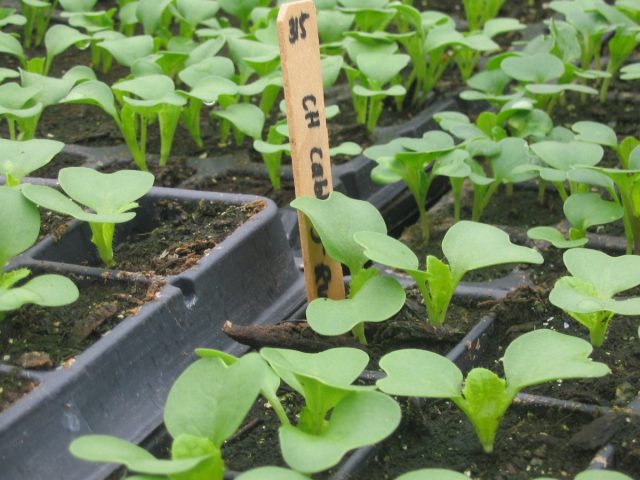
Before moving to open ground, hardening is necessary - the time is increased gradually
When growing Chinese Cha-Cha cabbage, the correct temperature is important. It should be no lower than 13-14 °C and preferably no higher than 25 °C. When it gets cold, you should use a non-woven cover.
Seedless method
It is optimal to plant Cha-Cha Chinese cabbage directly into the ground in late June or early July. Sowing is carried out according to the same principle as for seedlings. Follow the recommended planting pattern; the seeds are buried 1-2 cm.After sowing, they are moistened with a spray bottle. Use warm water.
The seedlings are thinned out first when two leaves appear, then after 1.5 weeks. The strongest specimens are left.
Care instructions
Beijing Cha-Cha cabbage must be watered regularly. Its roots are located close to the surface of the soil, which dries out quickly, so moisture is required quite often. In hot weather it is carried out every two days, the rest of the time - half as often. Once the plants are strong, weekly watering is sufficient.
After watering and rain, the soil is loosened. This should be done carefully so as not to damage the roots located close to the surface. It is better to loosen only the row spacing.
To preserve moisture, it is recommended to mulch the plantings of Chinese cabbage Cha-Cha. Additionally, this measure reduces the growth of weeds. When planting seedlings, mulching is recommended after two weeks.
Natural products are more suitable for feeding. You can use herbal infusion or bird droppings or mullein, diluting it in water. It is better not to use mineral fertilizers. The crop has a short growing season, during which it can easily accumulate nitrates. It is better to properly prepare the site in the fall.
Chinese cabbage Cha-Cha may suffer from cruciferous flea beetle. The following measures are used against it:
- drugs – Aktara, Actellik, Decis, Avant, Modesto, Sumi-alpha;
- folk remedies - dusting with wood ash and tobacco, spraying with a decoction of tomato tops, a solution of vinegar, an infusion of dandelion roots and leaves.
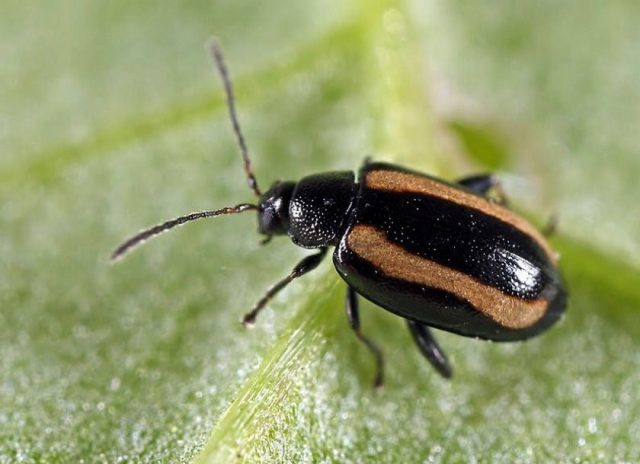
It is recommended to spray plants against cruciferous flea beetles at least twice, effectively alternating medications
Another enemy of culture is slugs. There are several methods to combat them:
- drugs – Slug Eater, Thunderstorm, Ulicid;
- traps with beer, kvass, fermented juice;
- spraying with infusions of bay leaf, garlic, sage, lavender, thyme;
- dusting with a mixture of ash and fluff lime;
- mechanical obstacles - crushed nut or eggshells, gravel, crushed shells;
- the proximity of garlic, onions, parsley, coriander, tansy, peonies.
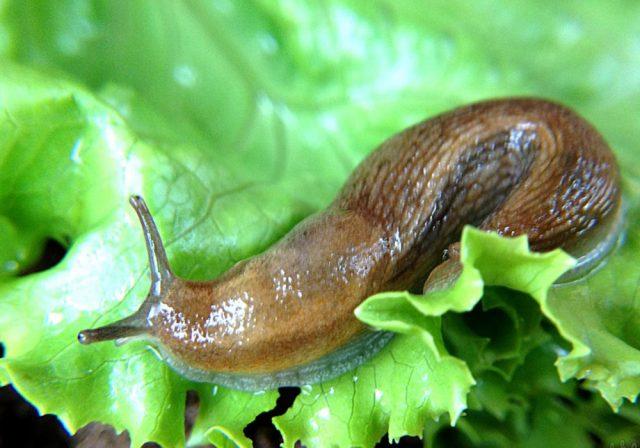
Slugs prefer clayey areas; they are also attracted to mown grass and the proximity of compost heaps
Conclusion
Beijing cabbage Cha-Cha is an early, high-yielding hybrid. It is resistant to ripening and wet rot, compact, and easy to care for. You can start with seedlings or limit yourself to sowing directly into the ground.
Reviews from gardeners about Chinese cabbage Cha-Cha
